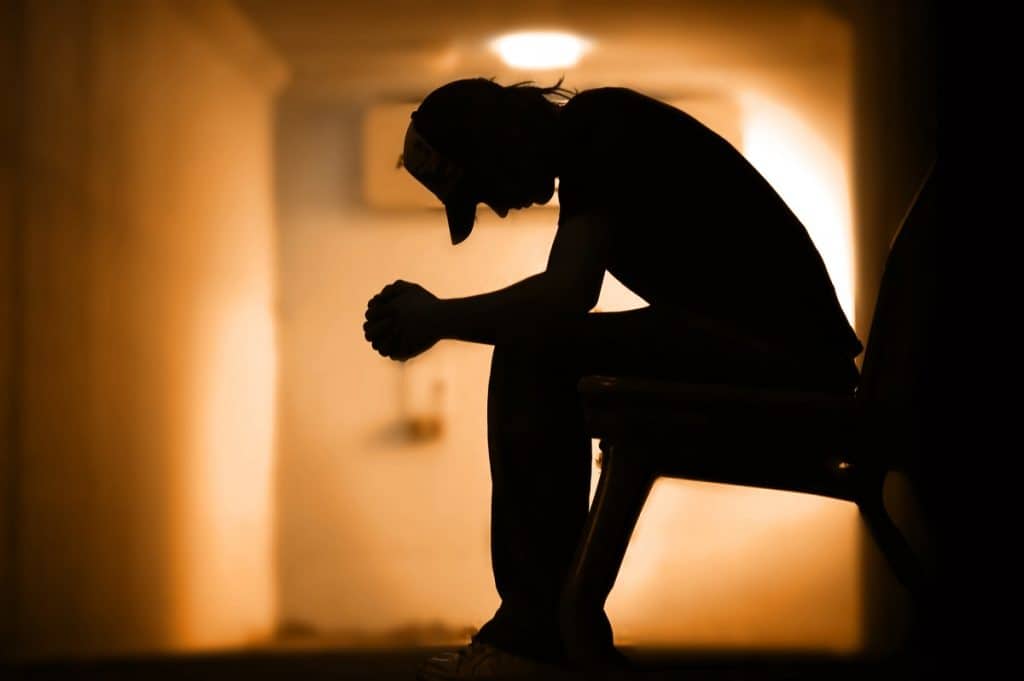Find resources for yourself or others experiencing emotional, housing, or financial crisis. The following crisis centers and phone call help lines in Washington State or across the country can provide support and access to resources for individuals, teens, families, and their loved ones who want to help.
Washington State Crisis Center
Crisis Connections connects people in need to access the state safety net, whether it’s for mental or emotional support services, housing assistance, or help with financial needs. Formerly known as Crisis Clinic, Crisis Connections is one of the oldest crisis centers in the nation and home to multiple programs focused on serving the emotional and physical needs of individuals across Washington State. Here’s how to get help:
- For immediate help in times of emotional crisis for you, your family, or friends in need, call the 24-Hour Crisis Line: 866-4CRISIS or 866-427-4747.
- Call 2-1-1 in King county for help finding safety net resources: mental or emotional support, housing assistance, or financial help.
- Find resources online. You can search online, send an email, or chat with someone. This is the most comprehensive resource on health and human services in King County, whether it’s for housing assistance, help with financial needs, or to find the location of the nearest food bank.
- Washington Recovery Help Line provides anonymous, confidential 24-hour help for Washington State residents experiencing issues related to substance use disorder, problem gambling, and mental health challenges. Call the 24-hour Washington Recovery Help Line at 866-789-1511.
- WA Warm Line is a peer support help line for people living with emotional and mental health challenges. Call the 24-Hour WA Warm line for peer support at 1-866-427-4747.
Teen Crisis Help Line
Teen Link offers a safe, confidential, anonymous, and non-judgmental help line for youth ages 13-20, every evening between 6-10 p.m. To speak with a teen phone worker between 6-10pm (PST), call toll free 1-866-TEENLINK (1-866-833-6546).
People call Teen Link for all types of reasons: relationships, dating, bullying, problems at school, drugs and alcohol, grief and loss, family problems, eating disorders, suicide, stress, depression, or any other issue you’re facing.
Anything.
Really.
Just call.
Teen Link is only open between the hours of 6PM-10PM. After hours, callers have the option of being transferred to the 24-Hour Crisis Line or Washington Recovery Help Line, which are both answered by adults.
National Crisis Help
National Runaway Safeline
National Runaway Safeline (NRS), formerly known as the National Runaway Switchboard, is a national communication system for runaway and homeless youth. Youth and family members connect to the 1-800-RUNAWAY hotline or 1800RUNAWAY.org online crisis services to work through problems and find local help from social service agencies and organizations. Some individuals just need someone to talk to, others need help finding a shelter, food, medical assistance, or counseling. Some youth are on the streets. Others are struggling with issues at home. And NRS is here to listen, here to help 24/7/365.
National Suicide Hotline
The National Suicide Prevention Lifeline is a network of local crisis centers across the country that provide free and confidential emotional support to people in suicidal crisis or emotional distress
- Help line 24 hours a day, 7 days a week: 1-800-273-8255
- Talk with someone now
Who should call? No matter what problems you’re dealing with, whether or not you’re thinking about suicide, if you need someone to lean on for emotional support, call the Lifeline. People call to talk about lots of things: substance abuse, economic worries, relationships, sexual identity, getting over abuse, depression, mental and physical illness, and loneliness, to name a few.
Some warning signs may help you determine if a loved one is at risk for suicide, especially if the behavior is new, has increased, or seems related to a painful event, loss, or change. If you or someone you know exhibits any of the following behaviors, seek help by calling the Lifeline.
- Talking about wanting to die or to kill themselves
- Looking for a way to kill themselves, like searching online or buying a gun
- Talking about feeling hopeless or having no reason to live
- Talking about feeling trapped or in unbearable pain
- Talking about being a burden to others
- Increasing the use of alcohol or drugs
- Acting anxious or agitated; behaving recklessly
- Sleeping too little or too much
- Withdrawing or isolating themselves
- Showing rage or talking about seeking revenge
- Extreme mood swings
Understanding the issues concerning suicide and mental health is an important way to take part in suicide prevention, help others in crisis, and change the conversation around suicide. Suicide is not inevitable for anyone. By starting the conversation, providing support, and directing help to those who need it, all of us can save lives.

Take part in suicide prevention and learn to help others in crisis – Depositphotos.com 5238825








